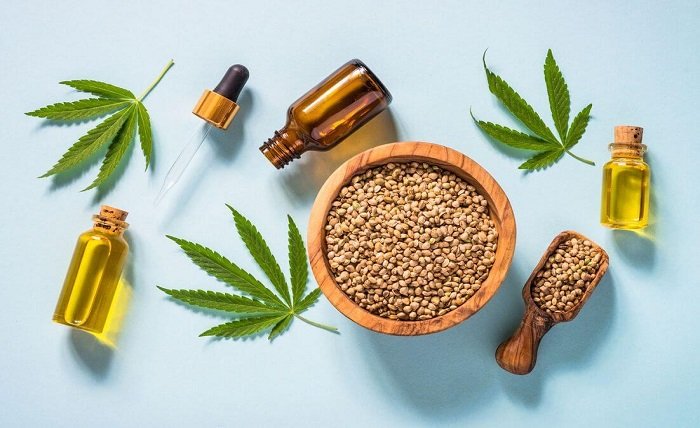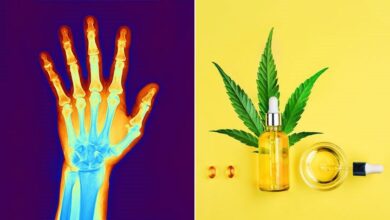How Long Does CBD Stay in Your System? Exploring the Duration of CBD Effects

If you’re considering using CBD (cannabidiol) for its potential health benefits, you may be wondering, “How long does CBD stay in your system?” Understanding the duration of CBD effects is essential, especially if you are subject to drug tests or if you want to plan your CBD usage accordingly. In this article, we will explore the factors influencing how long CBD remains in your system and the various methods of detecting it.
Understanding CBD Metabolism
CBD, a non-intoxicating compound derived from hemp or cannabis plants, interacts with the body’s endocannabinoid system to promote balance and well-being. When you consume CBD, it is absorbed into your bloodstream and distributed throughout your body. From there, it undergoes metabolism, where it is broken down into different compounds.
Duration of CBD Effects
The effects of CBD can vary from person to person, depending on factors such as dosage, method of consumption, individual metabolism, and body weight. On average, the effects of CBD may last anywhere from two to six hours. However, this timeframe can be influenced by several factors.
Factors Affecting CBD Duration
- Dosage: Higher doses of CBD are likely to stay in your system for longer periods.
- Method of Consumption: The way you consume CBD affects its absorption rate and onset of action. Inhalation and sublingual administration tend to have faster effects but a shorter duration compared to oral ingestion.
- Individual Metabolism: Each person’s metabolic rate is unique, which means CBD may be processed and eliminated at different rates.
- Body Weight: Generally, individuals with higher body weight may require more CBD and may experience a longer duration of effects.
Detection Methods
CBD can be detected in various bodily fluids, such as urine, blood, saliva, and hair. The detection window varies depending on the testing method used.
- Urine: CBD is typically detectable in urine for up to three to five days after use. However, this timeframe can be longer for chronic users.
- Blood: CBD can be detected in the bloodstream for up to five days, but it may be eliminated faster, usually within 24 to 48 hours.
- Saliva: CBD is detectable in saliva for up to 72 hours after use, but the timeframe can vary depending on the individual.
- Hair: CBD may be detected in hair for up to 90 days, providing a longer detection window compared to other methods. However, hair testing is less common for CBD.
Additional Considerations
While CBD itself may not be psychoactive or intoxicating, it is crucial to be aware of the potential presence of THC (tetrahydrocannabinol), the psychoactive compound found in cannabis. Full-spectrum CBD products may contain trace amounts of THC, which could accumulate in the body and potentially be detected in drug tests. If you are concerned about THC presence, consider using broad-spectrum or CBD isolate products, which are THC-free.
Conclusion
In summary, the duration of CBD effects and its presence in your system can vary depending on several factors, including dosage, consumption method, individual metabolism, and body weight. On average, CBD effects last around two to six hours. It’s important to note that while CBD itself is typically not detectable in drug tests, full-spectrum products with trace amounts of THC may lead to positive results. If you are subject to drug tests or have concerns about CBD’s duration in your system, consider discussing your options with a healthcare professional.




